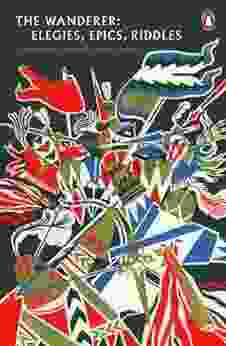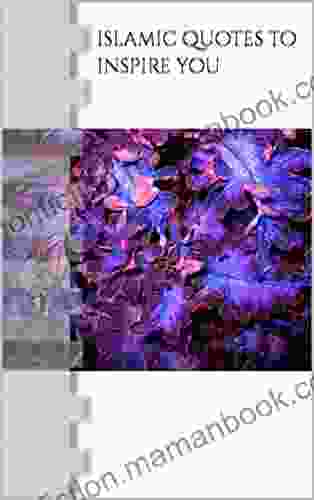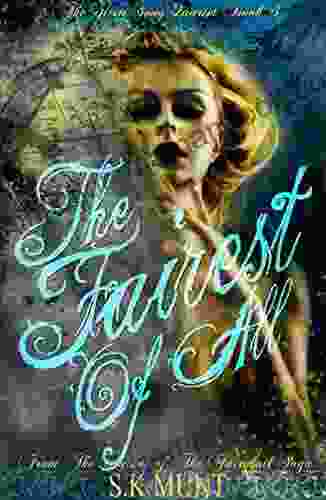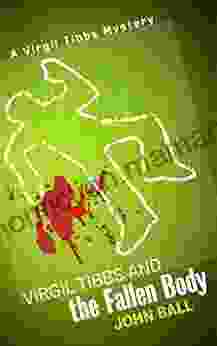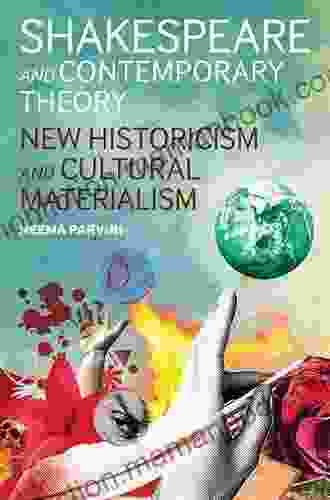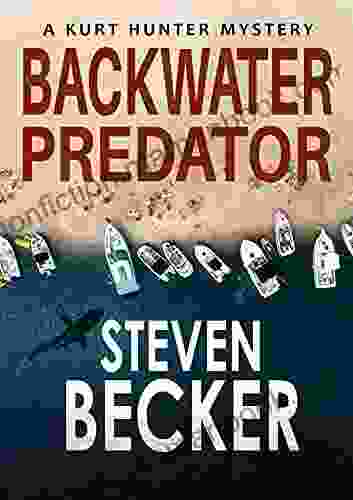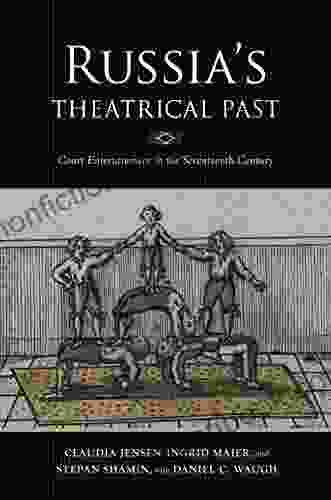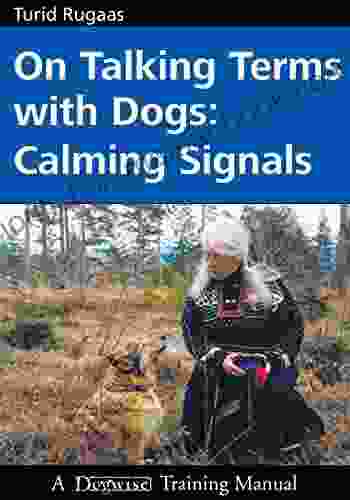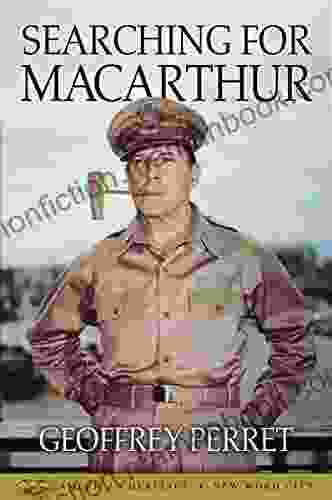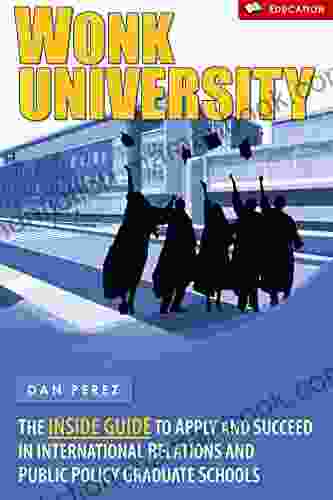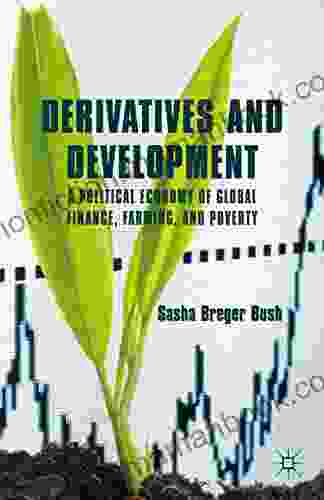Elegies: Mourning the Fallen
Norse elegies, known as drápur, are poignant and heartfelt poems that lament the passing of noble warriors, kings, and heroes. These poems were often composed by skalds, professional poets who traveled from court to court, reciting their verses in honor of the deceased. Elegies not only mourned the loss of an individual but also celebrated their deeds and virtues, ensuring that their memory would live on.
One of the most famous Norse elegies is the Hákonarmál, composed by the skald Eyvindr skáldaspillir to commemorate the death of King Hákon the Good in 961. The poem is a moving tribute to the king's bravery, generosity, and wisdom, describing his journey to the afterlife and his reception by the gods.
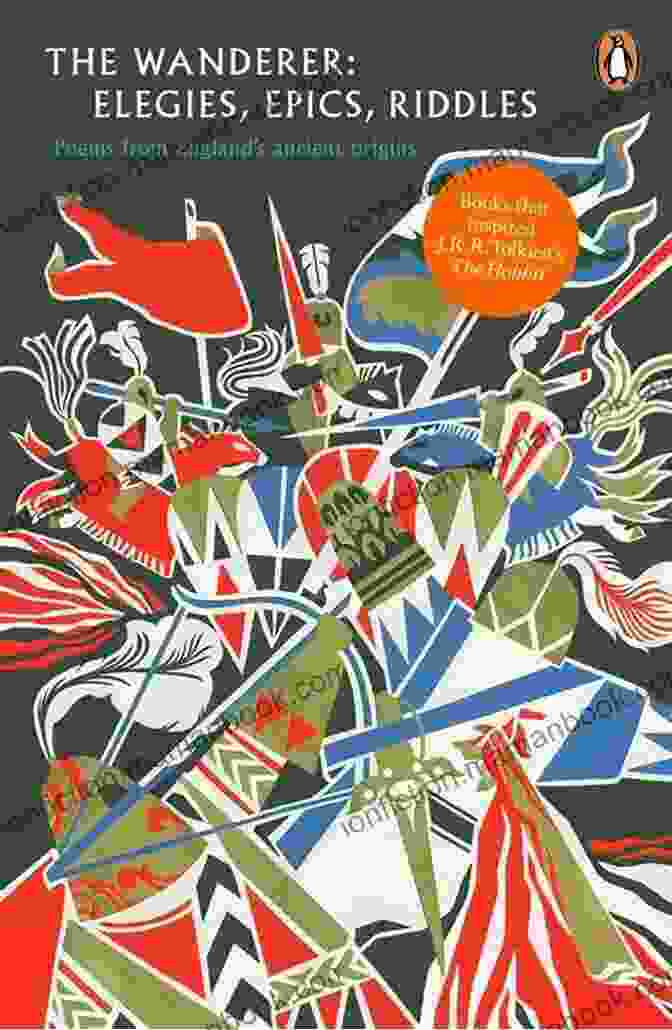
Epics: Chronicles of Adventure and Heroism
Norse epics, such as the Eddas and the Völsunga Saga, are long narrative poems that recount the adventures and exploits of legendary heroes and gods. These epics are filled with action, adventure, romance, and supernatural elements, providing a glimpse into the beliefs and values of the ancient Norse.
The Poetic Edda, compiled in the 13th century, contains a collection of heroic poems that tell the stories of the gods, such as Odin, Thor, and Loki, as well as the legendary heroes Sigurd and Brynhild. The Völsunga Saga, a prose version of the same stories, is one of the most famous and influential works of Norse literature.
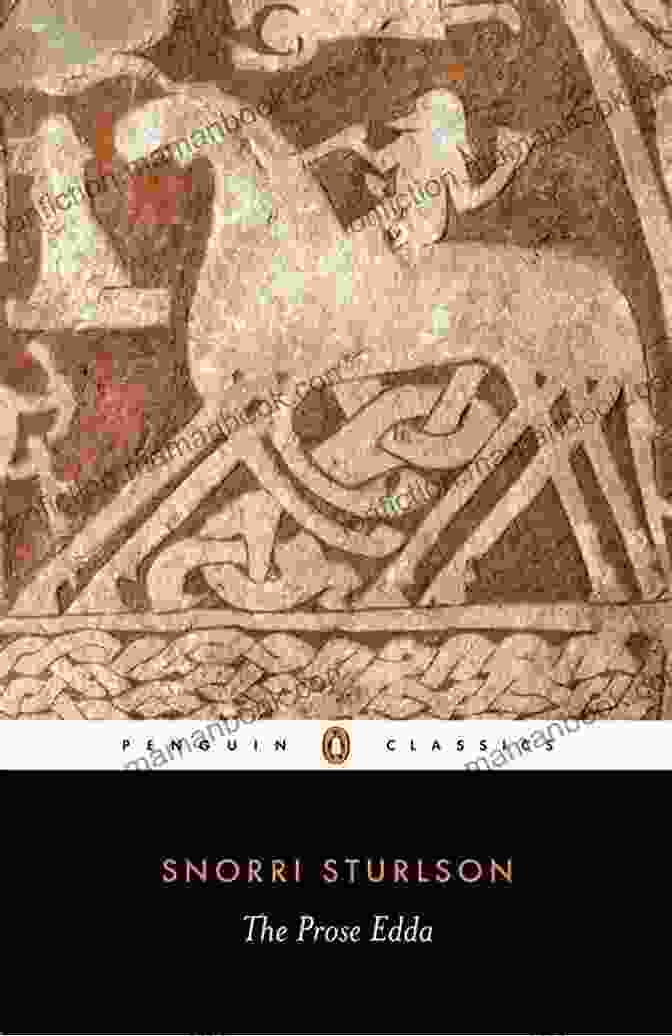
Riddles: Testing the Wits
Norse riddles, known as gåtur, were a popular form of entertainment among the ancient Norse. These riddles were often used as a test of wit and wisdom, and they covered a wide range of topics, from nature to history to mythology.
One of the most famous Norse riddles is the following:
What has a head and a body, But no neck, arms, or legs? <em>Answer: A shirt</em>Norse riddles not only provided amusement but also served an educational purpose, as they challenged people to think critically and creatively.
Legends: Tales of Gods and Mortals
Norse legends are stories that have been passed down through generations, often orally, and tell of the gods, heroes, and creatures that inhabited the Norse world. These legends are a rich source of information about Norse mythology, beliefs, and customs.
One of the most well-known Norse legends is the story of Ragnarök, the end of the world. According to the legend, the gods will battle against the forces of chaos and evil, and the world will be destroyed by fire and ice. Ragnarök is a powerful and evocative tale that reflects the Norse worldview and their fascination with the forces of nature.
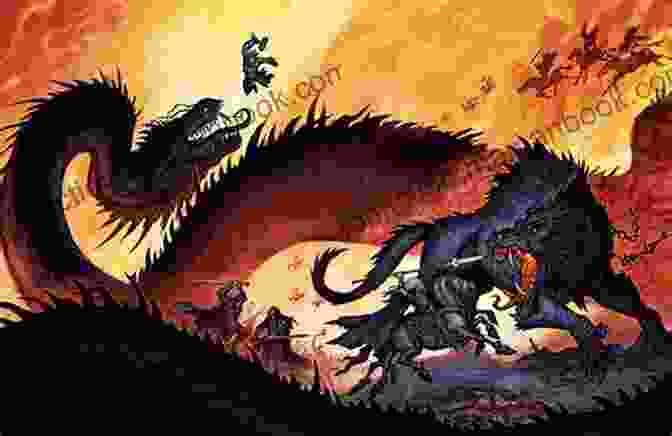
The elegies, epics, riddles, and legends of the ancient North provide a fascinating window into the culture and beliefs of the Norse people. These works of literature not only entertain and amuse but also offer insights into the Norse worldview, their values, and their relationship with the natural world. By studying these texts, we can better understand the rich tapestry of Norse culture and its lasting impact on our own world.



